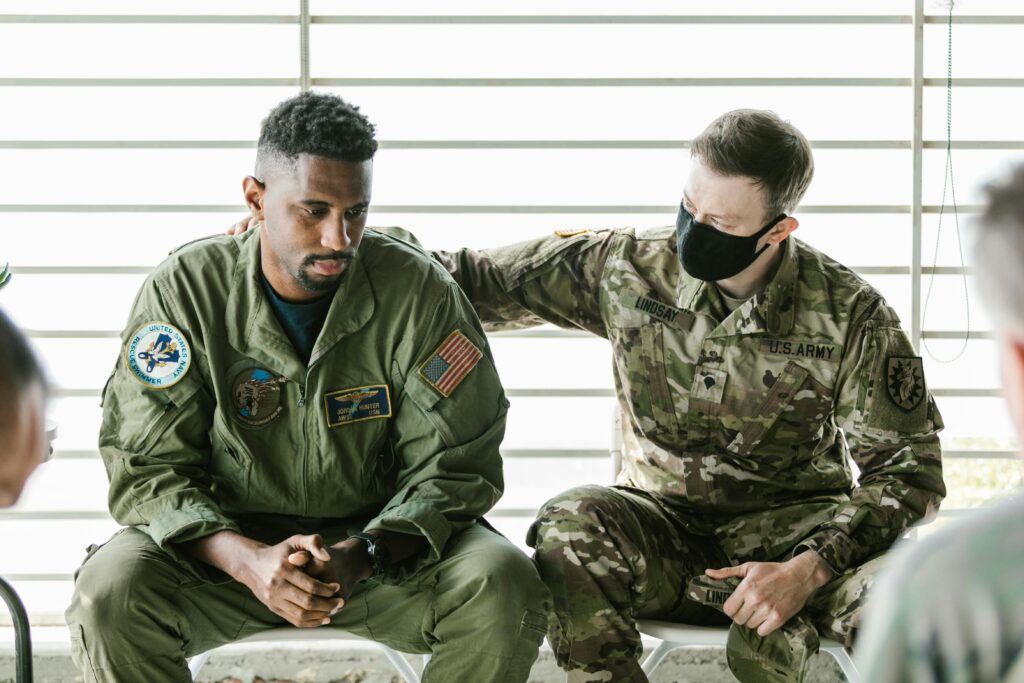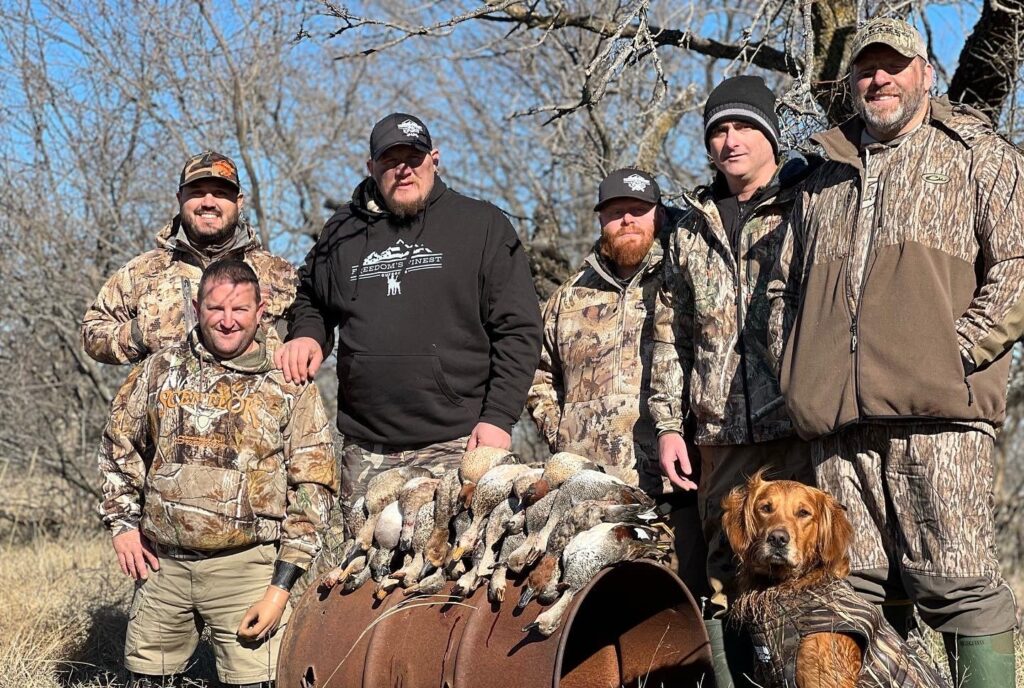For many veterans, exiting military service is the beginning of an unexpected battle. The sudden loss of familiar structure, camaraderie, and purpose leads to a war within slipping under their mental radar. Disconnection, isolation, emptiness, and depression can easily take root, but even the toughest weeds can be pulled out with the right support. One of the most powerful tools for healing and rebuilding isn’t found in a government program or formal therapy session; it’s found in each other.

Veterans helping veterans is a powerful way to combat the mental weeds of life after service. When someone who shares common ground gives up their time and effort to help, that feeling of camaraderie reignites, isolation is snuffed out, and the seeds of purpose can begin to take root again. Although purpose is an elusive goal for humanity in general, having a community of like-minded people to bear the weight of life with is an invaluable asset.

Support can take many forms: one-on-one conversations, small support groups, group activities, or even a simple lunch. The activities themselves are not as important as who they are done with. These connections are beneficial when people who can relate are willing to be emotionally supportive. Whether it’s helping someone through a mental slump or practical advice like finding housing, peer support like this reminds veterans they’re not alone, and that true strength is found through mutual support.

At Veterans Ascent, building these kinds of connections is at the heart of what we do. Our mission is to create a space where veterans can find community and support one another through life’s challenges. With tools like our upcoming AscentLink app, we’re working to make peer support more accessible with group chats, resource provision, and event planning, all with like-minded veterans and civilians who share the desire to support each other. Every interaction can help break down isolation and reinforce the idea that no one has to climb alone.
Responses